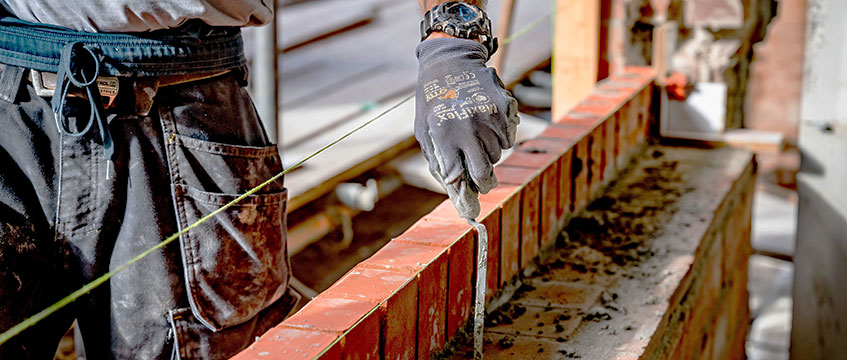FUTURE OF LONDON: Speakers at EG’s Future of London event debated how the industry can work together to safeguard the future of both the capital and the real estate profession.
Developers on the panel session, held at the Printworks in Canada Water, noted that the industry needed to take a more holistic approach to real estate.
Martyn Saunders, director of regeneration and spatial planning at GVA, said: “What we are very good at as a sector is siloing things off. Sometimes we get more adventurous with retail and residential [uses], but if we’re talking about the industry and how that moves forward, we need to change the way we think.
“The mix of uses has to evolve. This means that on the investment, developer or operator side, we need to work across these siloes and start to break them down.”
Aligning incentives
Killian Hurley, chief executive of Mount Anvil, said that incentives from local authorities could potentially put the real estate industry and community at large on the same page.
He noted that there could be some way for local bodies to “differentiate more in favour of developers like U+I” and reward track records, to generate “positive incentives to encourage people to break down siloes and work together”.
“Aligning incentives [could be] the best way of doing that,” Hurley reasoned.
Tom Edgerley, development director at U+I, agreed, adding: “There is a healthy fear of developers that have come in to take short-term profits on sites.
“It takes a long time for people to understand that different developers work in different ways. It’s [about] getting those levels of trust between the public sector – some of them being landowners – and also the planning authorities, which at times have a limited view of what good is, and what great is, based on the quality [of the past]. They have not necessarily been looking to the future and realising that they could be more flexible than policy suggests they might need to be.”
The public sector’s perspective
The GLA said that more needed to be done from the offset to respond to the needs of surrounding communities and thus help create a more successful development.
Lucy Owen, interim executive director of development, enterprise and environment at GLA, said: “We want to work with all parts of the industry that align with our agenda. That is about creating good growth that is cohesive and inclusive for all of London. Some developers get that, as [creating destinations] creates value in the long term.
“[But] there is more we can all do together to engage communities earlier. It is finding out what communities are already in place, what they want and need and making sure we bring them along.”
Owen also addressed the problem of stalled schemes, and how the GLA is tackling it. She said: “From the GLA’s point of view, one thing we have been doing is where local authorities have refused schemes, the mayor has called them in and taken them on himself. It is something we are prepared to do. Often we increase the level of affordable housing when that scheme comes through.
“We are willing to do that to speed things up where it meets London’s planning policies.”
Giving local authorities ‘more levers’
Elsewhere, proposals for new permitted development rights to simplify changes of use, outlined in the latest Autumn Budget, were criticised.
Saunders acknowledged the need to review elements of planning system – the issues of control, management and influence – but noted that introducing development rights on uses was “not helpful”.
“It does not allow the good things we want from [the GLA’s Good Growth initiative] to be delivered because there is no control mechanism,” he explained.
“It works for some people owning assets but what we’ve actually seen is space lost that could be reused for businesses and communities.
“The other thing that worries me is that the solution to high streets seems to be changing retail units into anything. But the process does not solve the problem with high streets – it just means you can do something else that may not contribute to the poor town centre.
“All of these things make it easier to not deliver quality, which I want to focus on changing. Give local authorities a few more levers to influence that, and good developers will respond to it.”
To send feedback, e-mail pui-guan.man@egi.co.uk or tweet @PuiGuanM or @estatesgazette











